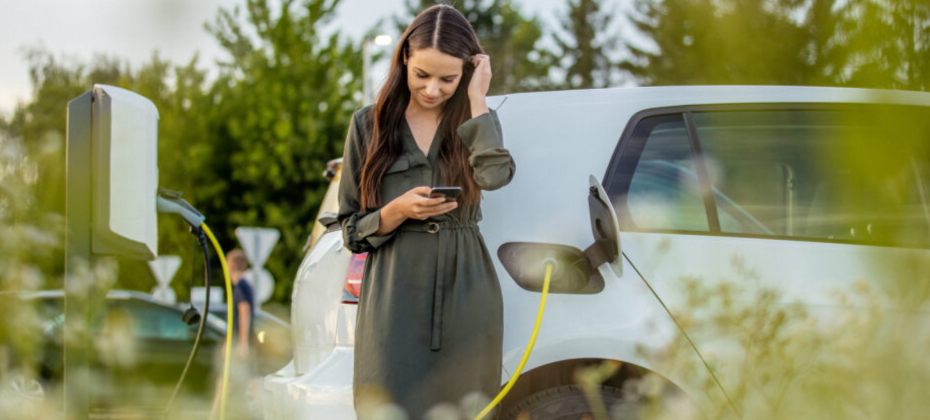Last December, American Banker named online marketplace lending its innovation of the year as a result of the “industry’s rapid growth and evolution.”
Meanwhile, in 2015, millennials scored headlines in nearly every publication imaginable – industries, politicians and academics all trying to understand and articulate how the now largest-living generation will influence how we work, live and lead.
So perhaps it’s no surprise the two hot topics have collided this year.
Gen Y is tech-dependent and Internet-enabled. They have increasingly grown to expect the tools and services they use to be available online, including anything and everything in the financial services space. Marketplace lenders are ever-so eager to sweep in and serve.
Online and mobile solutions are certainly one thing, but Experian’s latest research reveals this generation is also very receptive to “non-bank” lenders for the ease, speed and accessibility they provide.
- 47 percent of millennials said they are likely to use alternative finance sources in the near future
- 57 percent reported they are willing to use alternative companies and services that innovate to meet their needs
- 13 percent said they’ve already taken out a loan from an alternate or non-bank lender
As they come of age, hitting those big milestones – college graduations, marriage, starting families, making home purchases – Gen Y is wading through its financial options. Research and logic suggest millennials will without a doubt have a greater openness toward nontraditional banking, representing a huge market for online marketplace lenders.
For the millennial entrepreneurs especially, marketplace lending is proving to be a good fit.
“They are on the earlier curve of their small business ownership and entrepreneurial paths,” David Solis, sales performance manager at Bank of America, told CNN Money. “It makes sense they’re going to be pursuing alternative forms of lending.”
Affluent millennials are another segment open to alternative financial services. A 2015 LinkedIn study on this specific target stated affluent millennials are particularly likely to envision a cashless, sharing-based economy in the future, where banks no longer serve as their primary financial institutions.
Nearly seven out of 10 affluent millennials are likely to consider such offerings outside of the traditional financial services space, compared to just 47 percent of affluent Gen X’ers.
The millennial generation may not fully understand all products traditional banks offer, since they rarely set foot in “brick-and-mortar” establishments, but they are a prime market for online investing and lending services.
They’re more experimental, more digital, less loyal.
In short, they are looking for financial services that are as tech-savvy as they are; those who don’t keep up may get left behind, and online marketplace lenders are certainly positioning themselves to win over this generation.
To be most successful in capturing this highly sought-after generation, online marketplace lenders will need to continue to innovate both in terms of differentiating their product offerings and getting more sophisticated in their targeted marketing approach. As the online marketplace continues to expand with more players, heating up with increased competition, segmentation strategies will be key in finding the right borrowers and matching them with the right offer.
As we head into 2016, there is no doubt many will continue to monitor the financial services trends emerging. Chances are online marketplace lenders and millennials will likely be attached to many of the headlines.
For more information, visit www.experian.com/marketplacelending.



